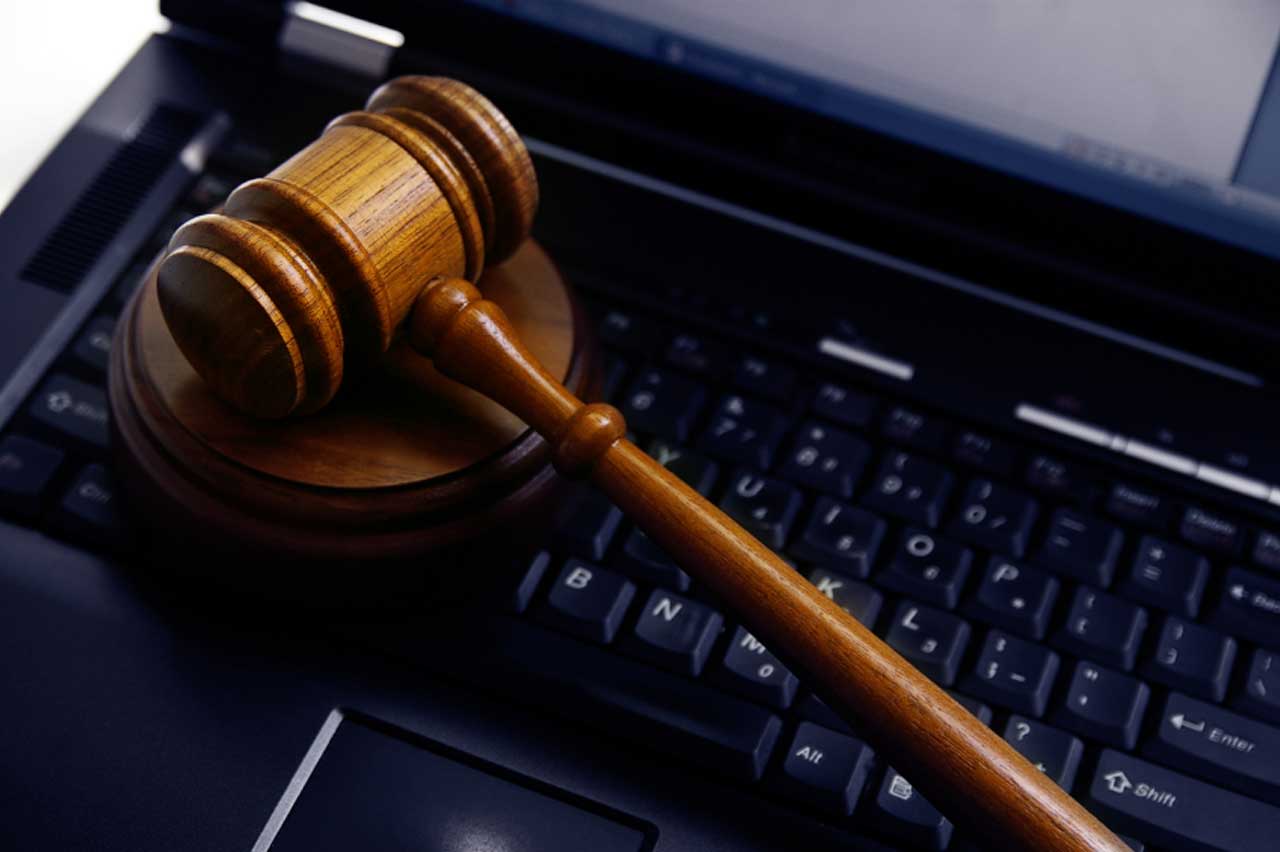Law
Cyber Law In Today's Changing World

Cyber crime reports have revealed that 2014 will face more cyber threats and companies will need to direct more meeting boardroom examination to manage with their information supply chains. As being indicated 2014 will see an increment in the demand for giving compelling cure so in order to protect from cyber crime threats and offenses.
The International Telecommunication Union (February 2013) estimates that there are 6.8 billion portable memberships around the world. That is proportionate to 96 percent of the world population (7.1 billion as stated by the ITU). Kaspersky in their security notice for 2013 expressed that the telecommunication world is one the quickest developing IT security territories.
The largest Cyberlaw drift in 2014 would be the improved frequency and instances of block attempt, observation and checking over the world. The recent Snowden disclosures with respect to the US observation program PRISM have shown how networks and system of legal elements outside a specific jurisdiction have been subjected to observation without the knowledge of such lawful substances.
Cloud computing will be an another developing pattern in the year 2014. Cloud has recently turned into an important buzzword in our lives. While cloud has colossal advantages, there are huge numbers of administrative challenges relating to extensive scale adoption of cloud computing as a prominent technology. The year 2014 is likely to see significant improvement in the law around cloud computing.
This is the situation, 2014 is likely to witness an expanded thrust in financially interception observation, monitoring and decryption under the looking eyes of other sovereign countries. Many nations are likely to put in place stringent administrative regimes which aim to secure the unapproved access to their system and do such further acts as penal offenses. Then again, the challenge will be to guarantee in respect to how proceeded interception, observing and reconnaissance is to be directed in a way to give a similarity of admiration to the rights and commitment to unique clients of computerized environment.

As mobile crime keeps on growing at a fast pace in the year 2014, the pertinent stakeholders will call upon the government of the world to effectively strengthen their cyber legal systems and administrations to cover and control the newly developing mobile dangers and mobile crimes.
As technology will only disintegrate the basic essentials of the idea of security in the computerized community, the year 2014 is likely to see more calls from different stakeholders and in addition the administrations of the world to protect and preserve also fortify the lawful administrations to help secure information protection as well as individual protection of the significant stakeholders.
As social networking grows, it is likely to bring forward different policy and administrative aspects which nations of the world would progressively be required to manage. Nations are likely to be called upon to return to their existing cyber legal administrations to address the issues of social networking. Different nations in different parts of the world have attempted and are continuing in the same in their own respective manner.
Goals
The goals of the International Conference on cyberlaw and cybercrime are as follows:
To recognize the developing cyberlaw trends and law affecting cyberspace in today’s situation.
To make significantly more awareness about the newly developing things of cybercrimes that are affecting all stakeholders in the advanced and mobile system.
To recognize the regions in cyber law crimes where cyberlaw needs to be further evolved to help the significant stakeholders of the computerized and mobile community.
To work toward making a worldwide system of cybercrimes and cyber law experts which could then be a critical voice in the further development of cybercrimes and cyberlaw jurisprudence over the world.
The International Conference on Cyberlaw and cybercrime will look at the developing legitimate, strategy and administrative issues relating to the internet and cybercrimes.
-

 Tech11 years ago
Tech11 years agoCreating An e-Commerce Website
-

 Tech11 years ago
Tech11 years agoDesign Template Guidelines For Mobile Apps
-

 Business6 years ago
Business6 years agoWhat Is AdsSupply? A Comprehensive Review
-

 Business10 years ago
Business10 years agoThe Key Types Of Brochure Printing Services
-

 Tech8 years ago
Tech8 years agoWhen To Send Your Bulk Messages?
-

 Tech5 years ago
Tech5 years ago5 Link Building Strategies You Can Apply For Local SEO
-

 Law5 years ago
Law5 years agoHow Can A Divorce Lawyer Help You Get Through Divorce?
-

 Home Improvement6 years ago
Home Improvement6 years agoHоw tо Kеер Antѕ Out оf Yоur Kitсhеn































